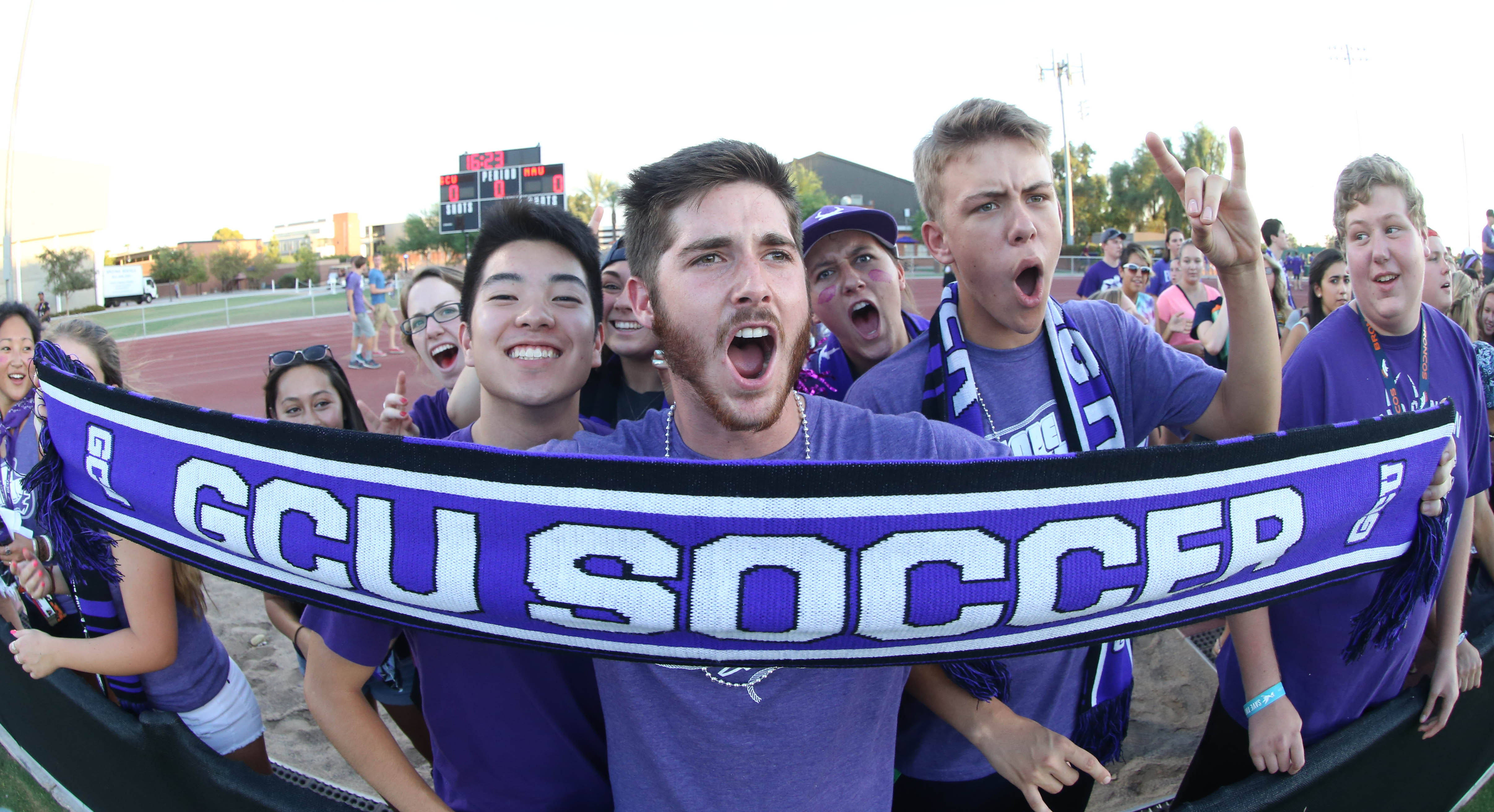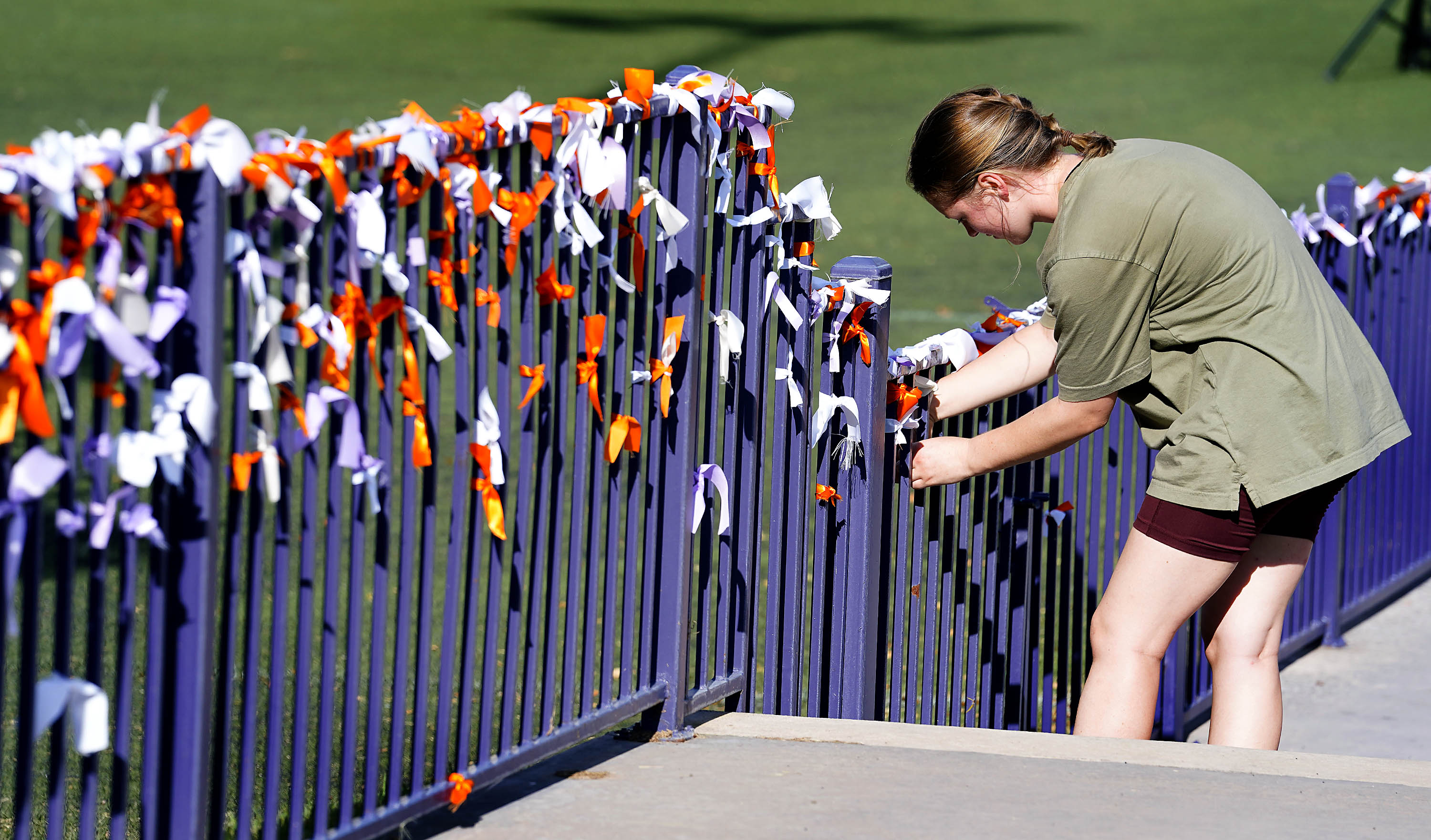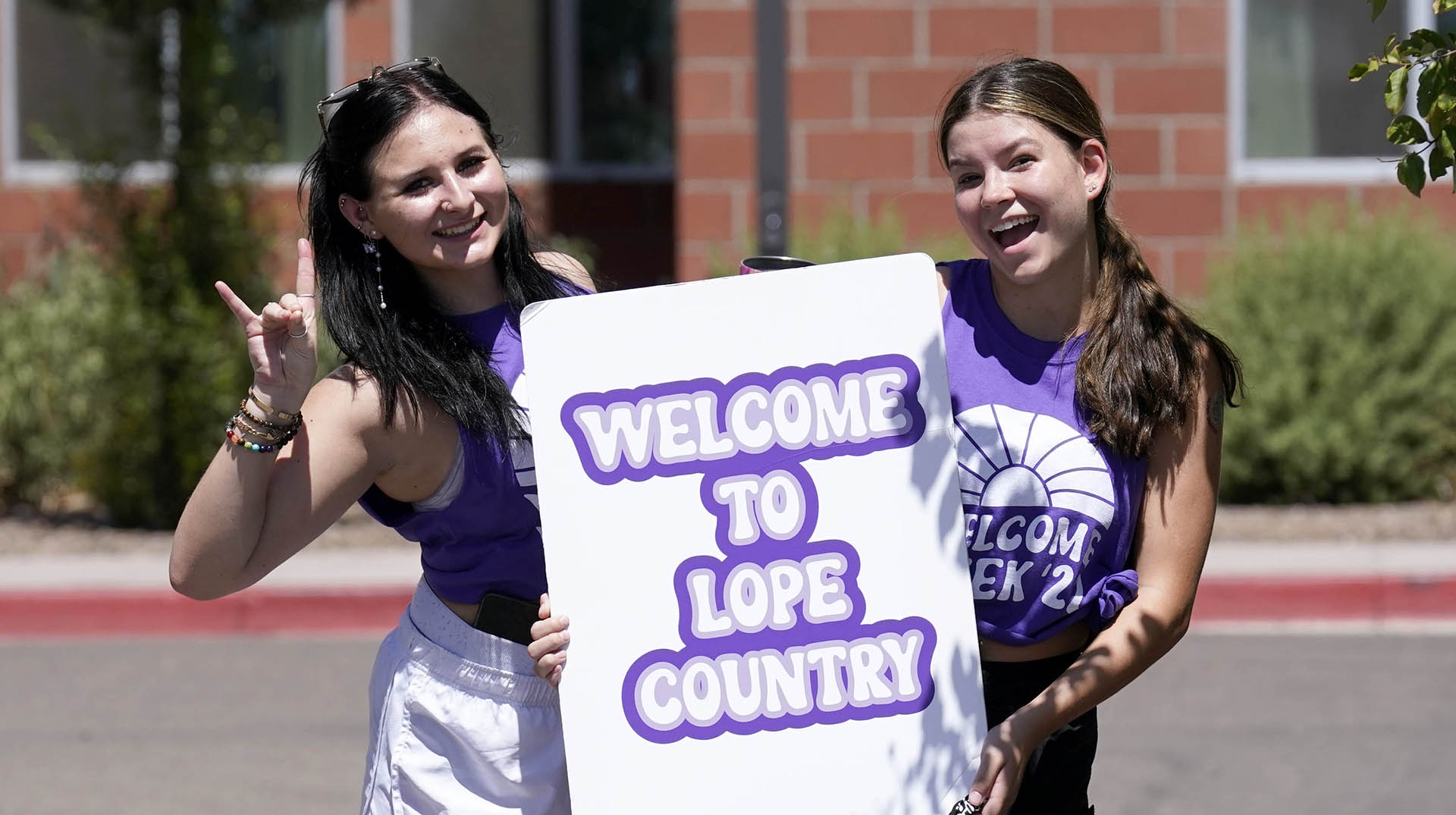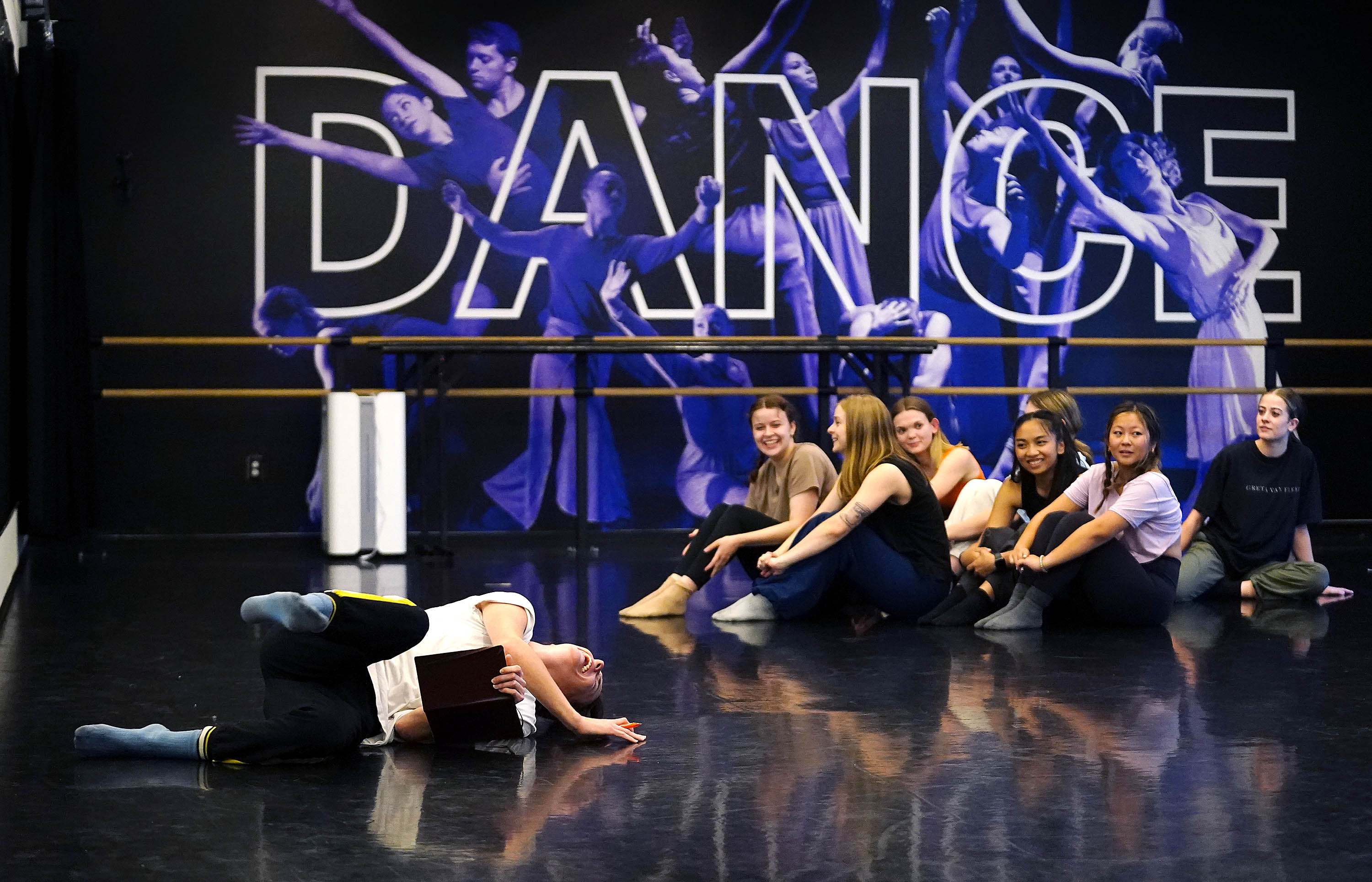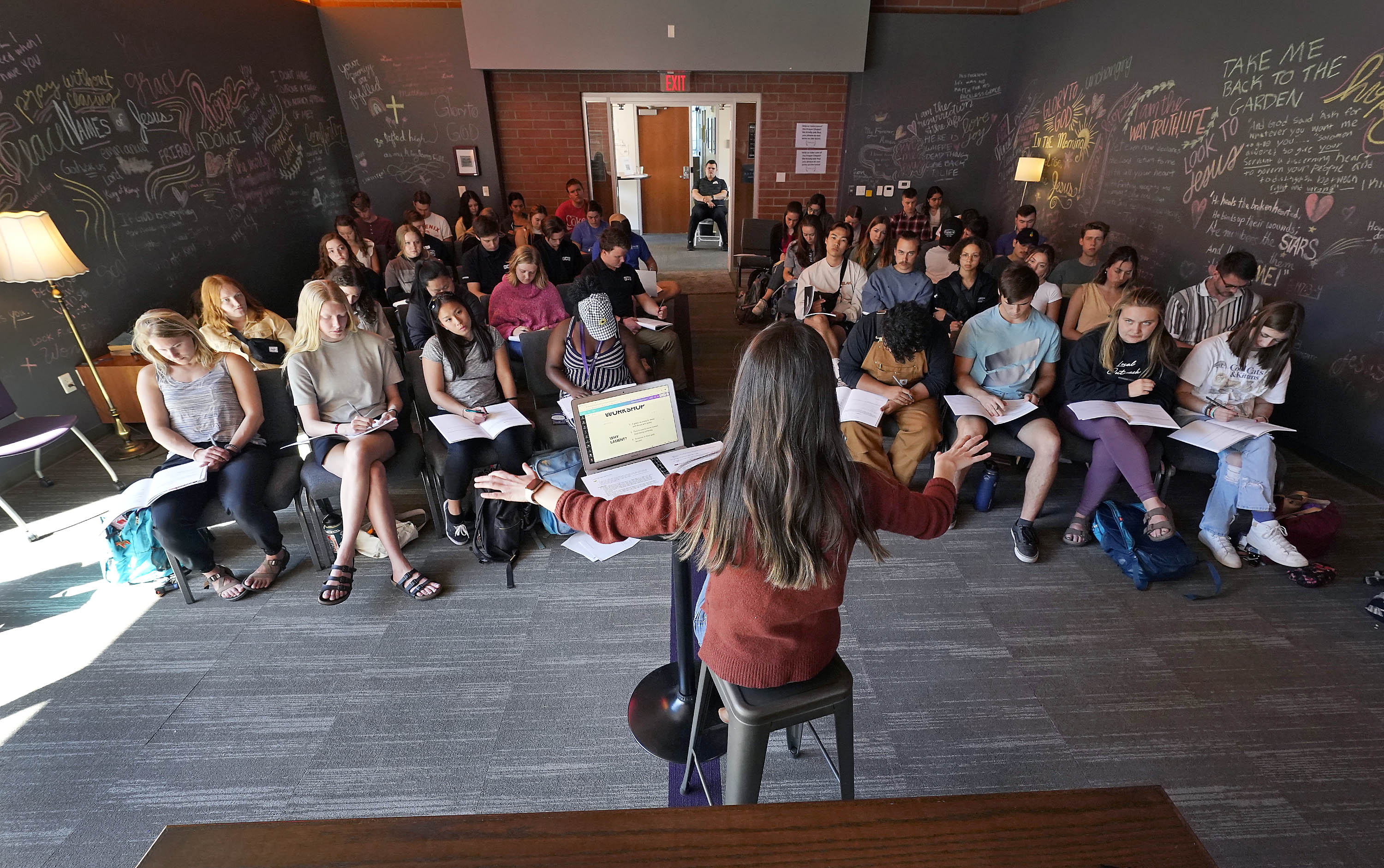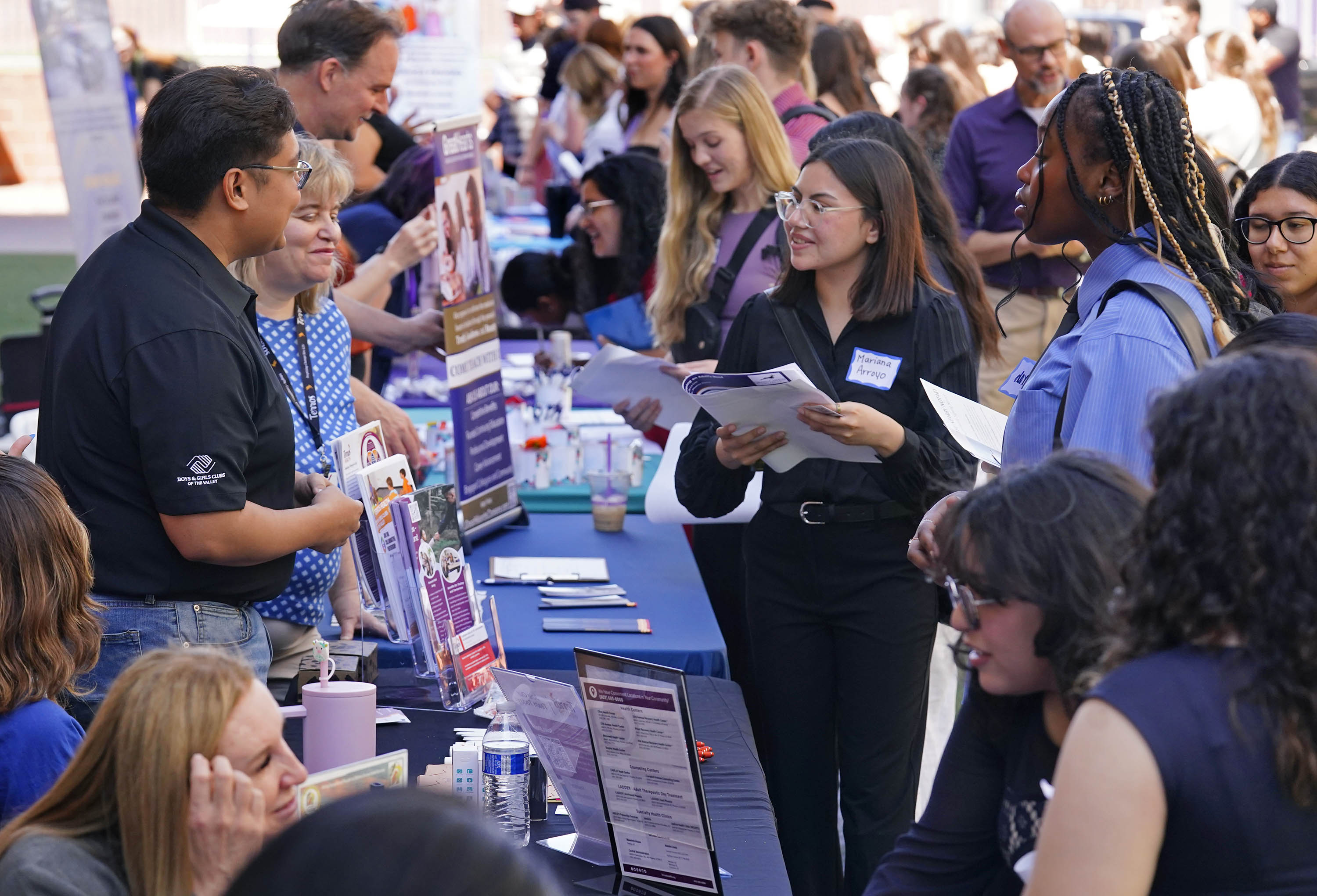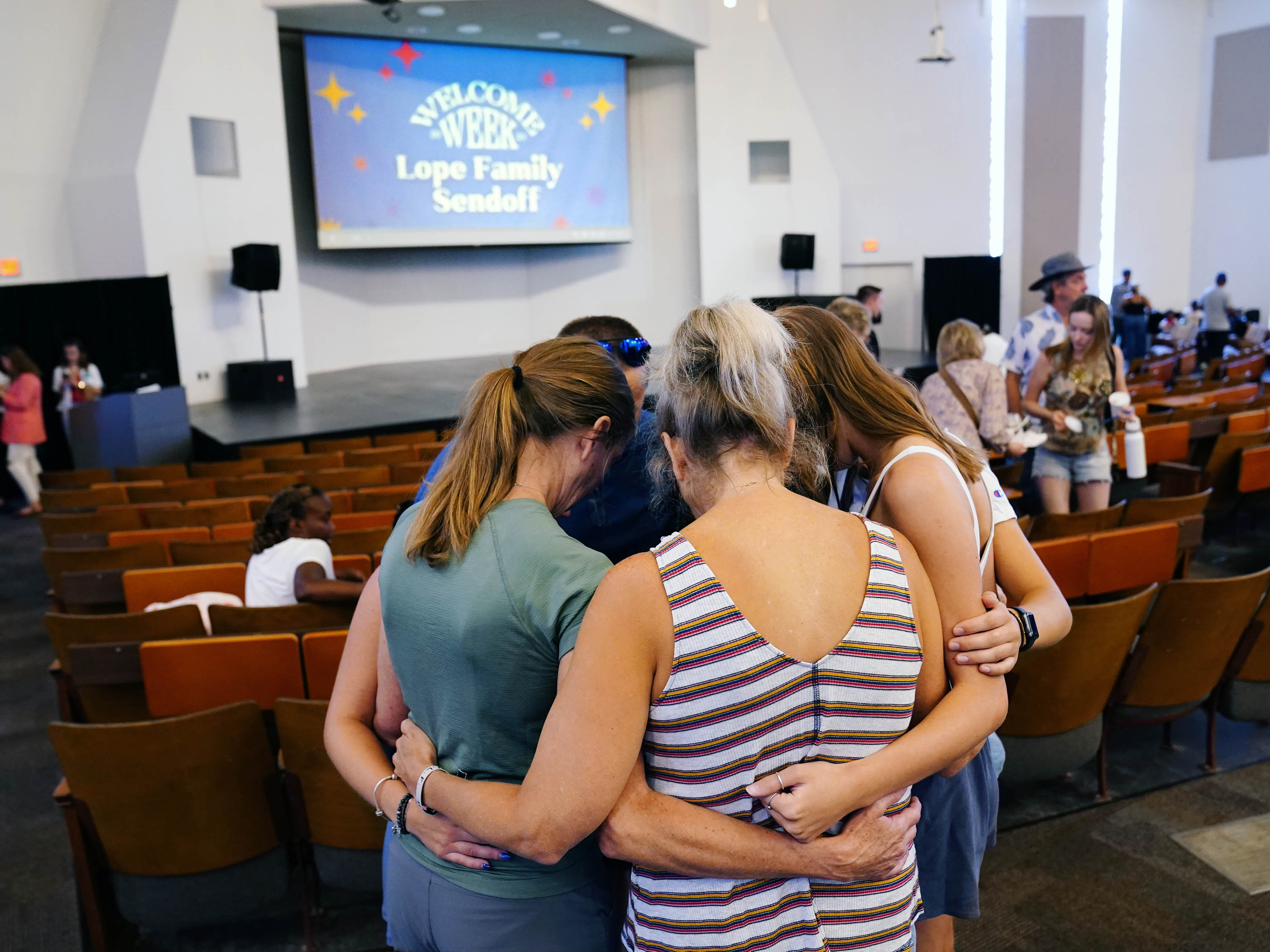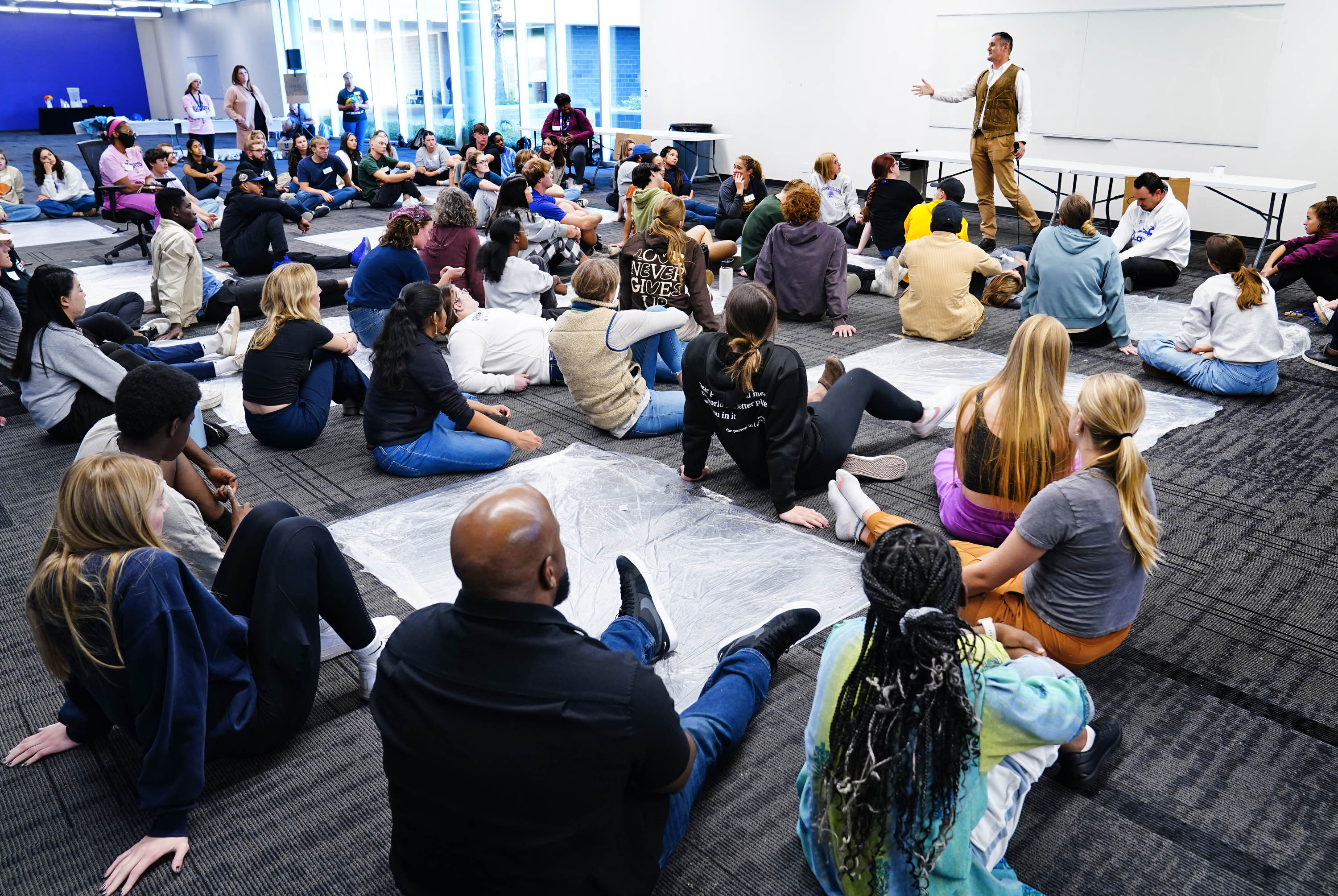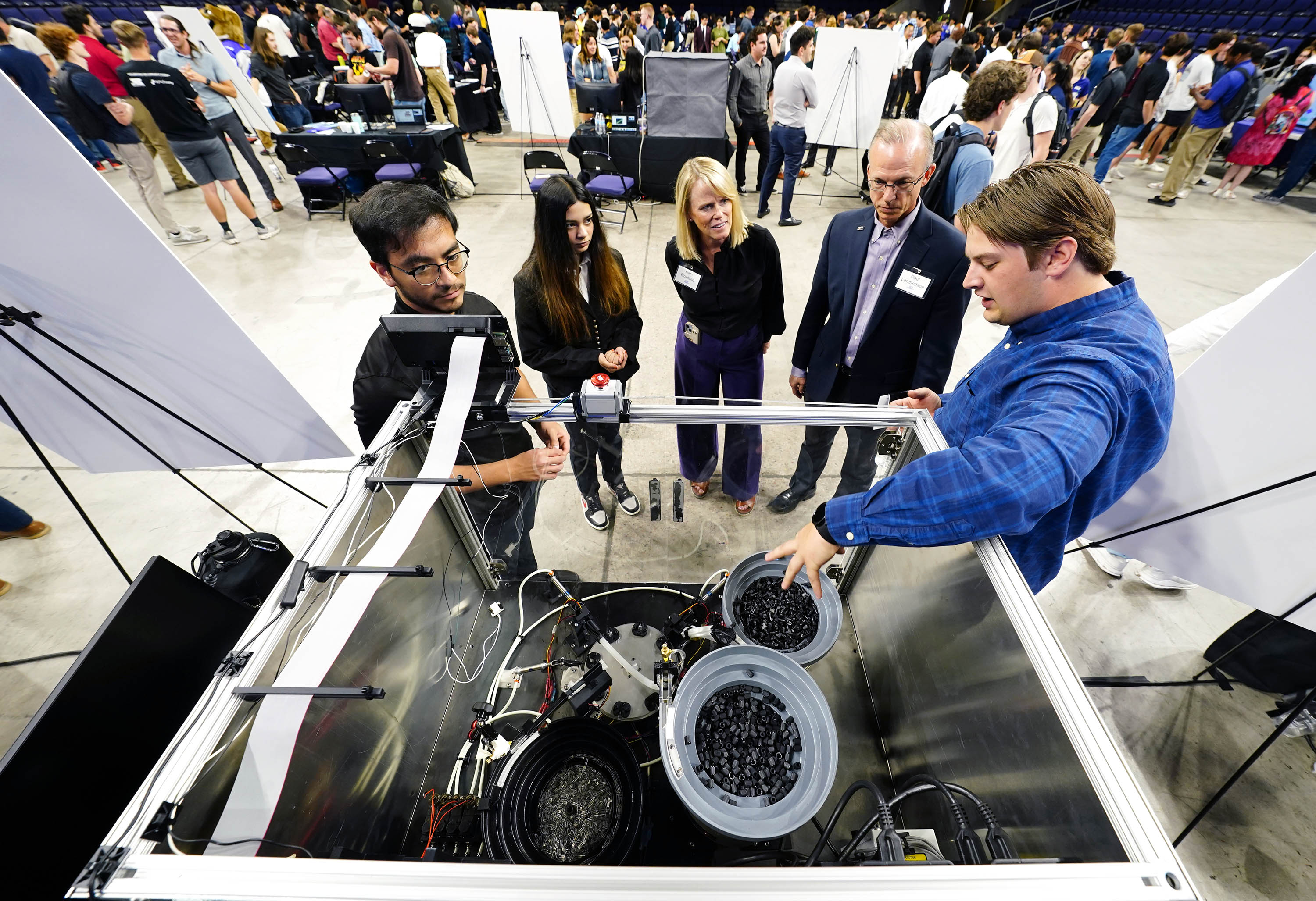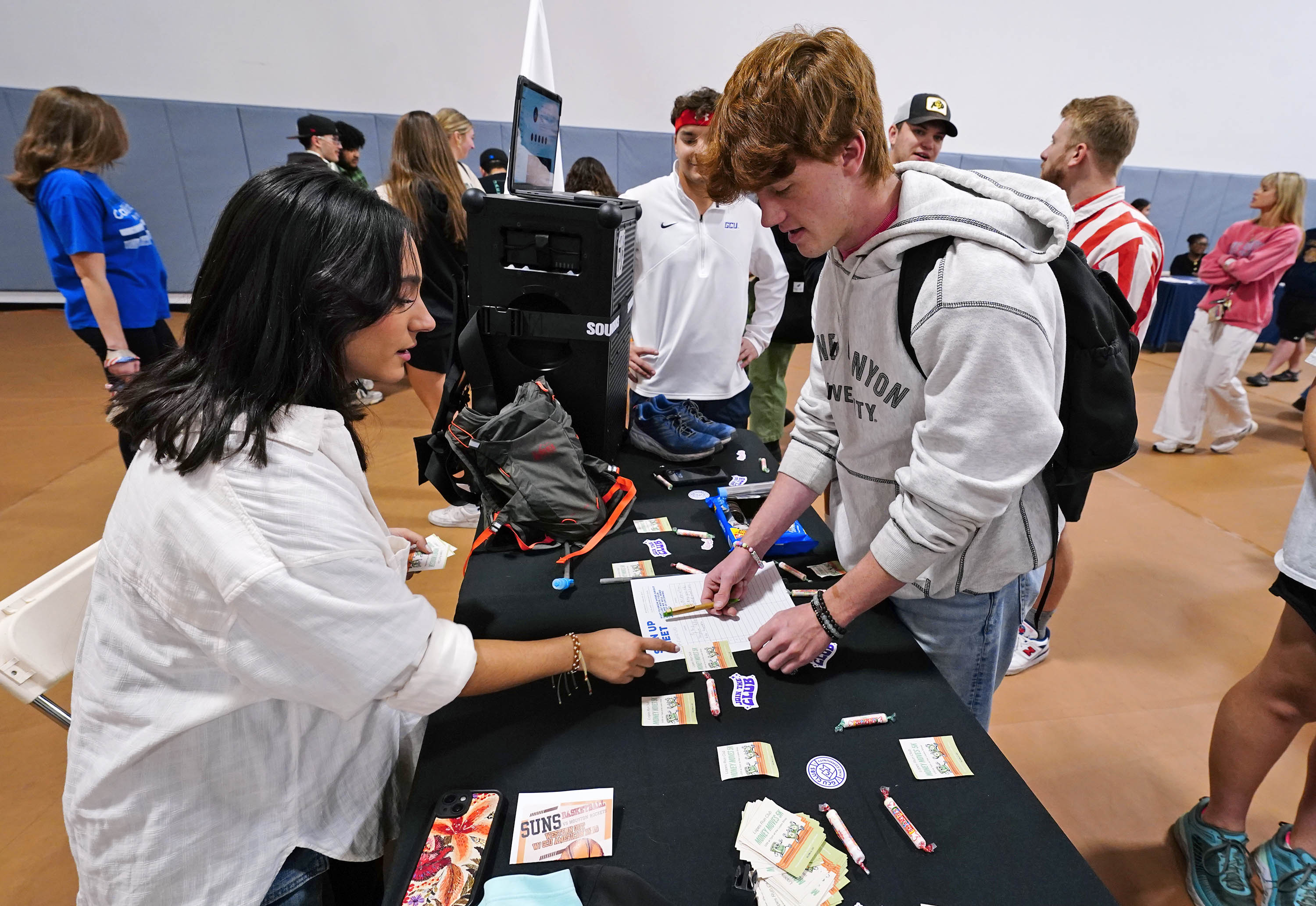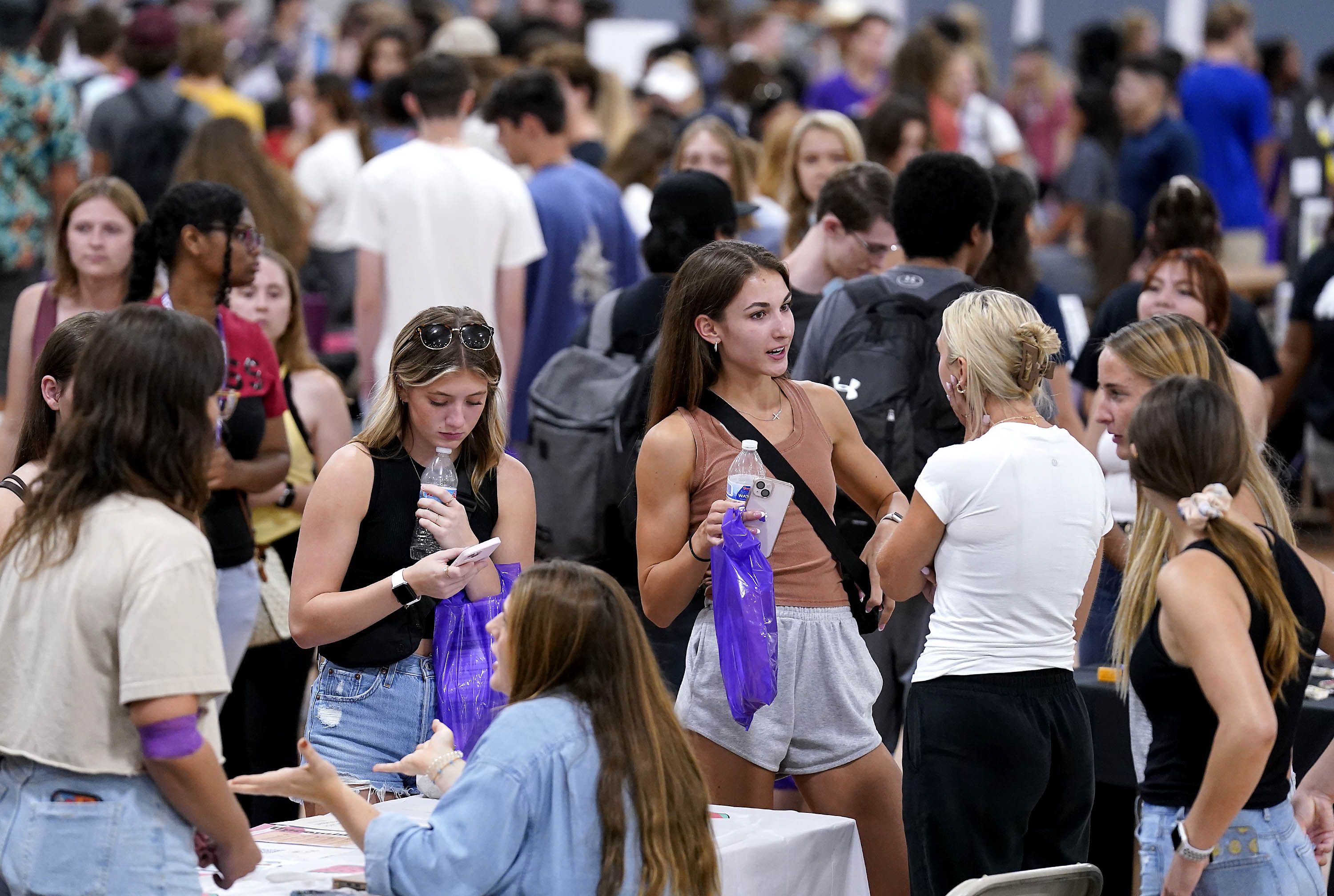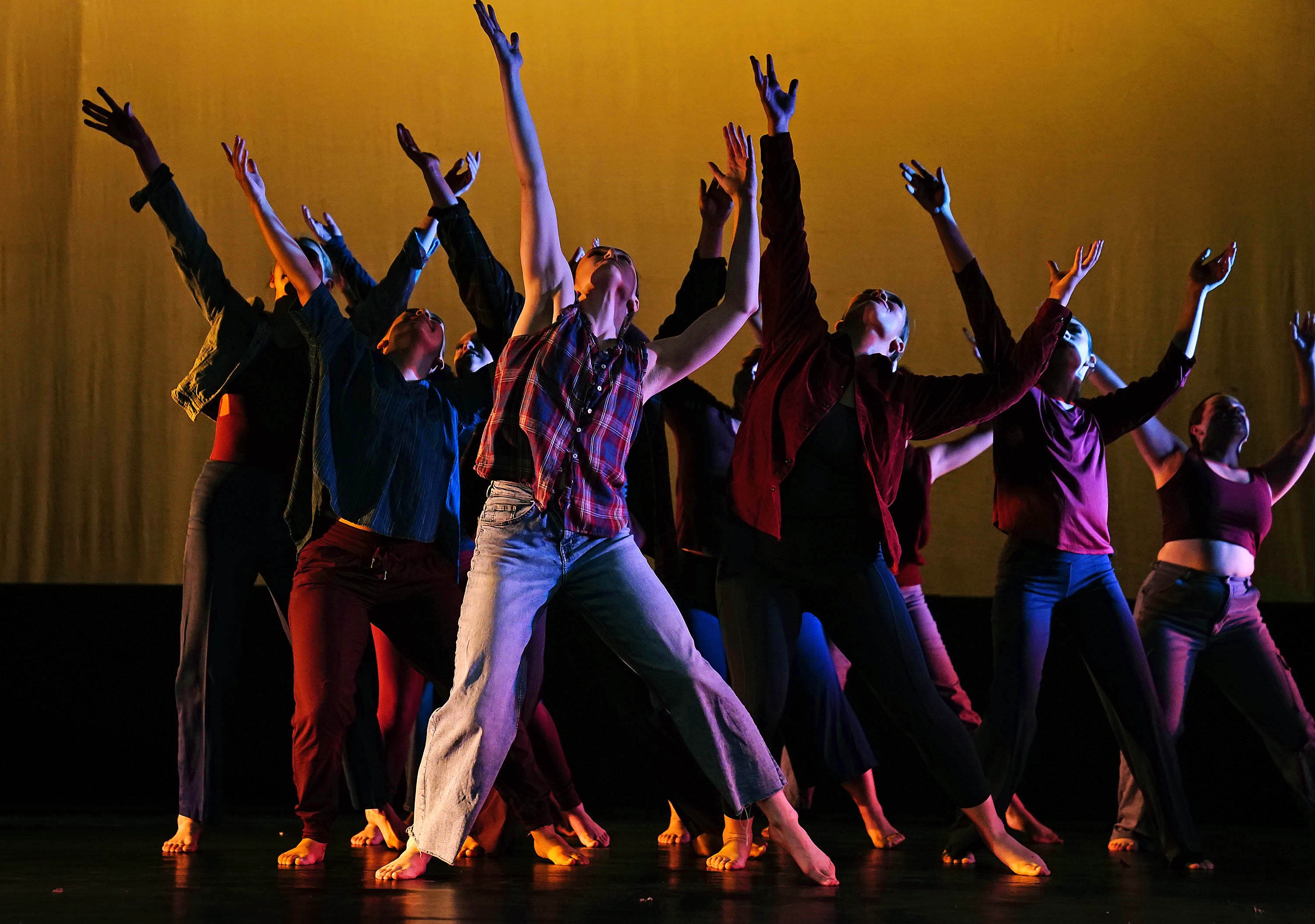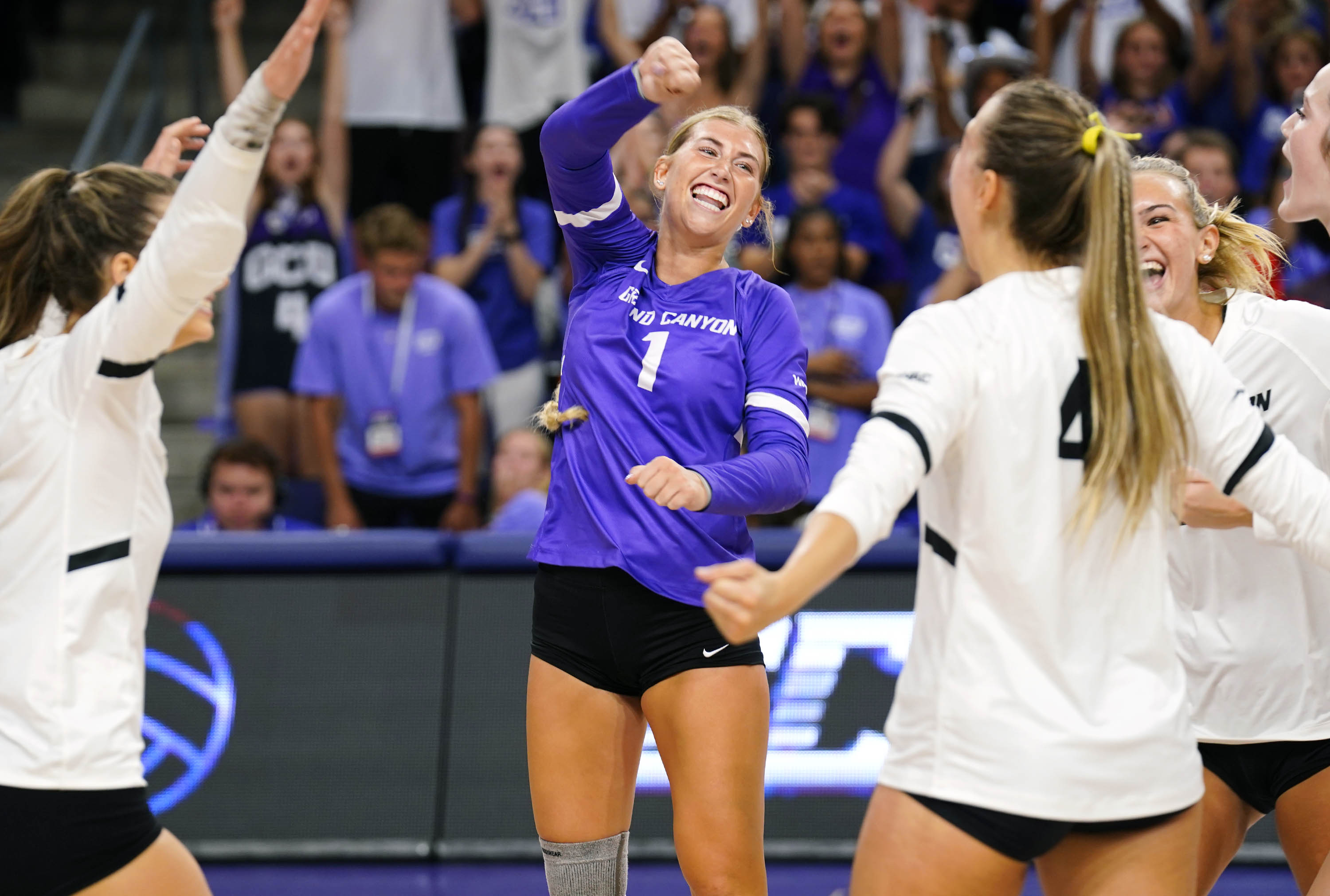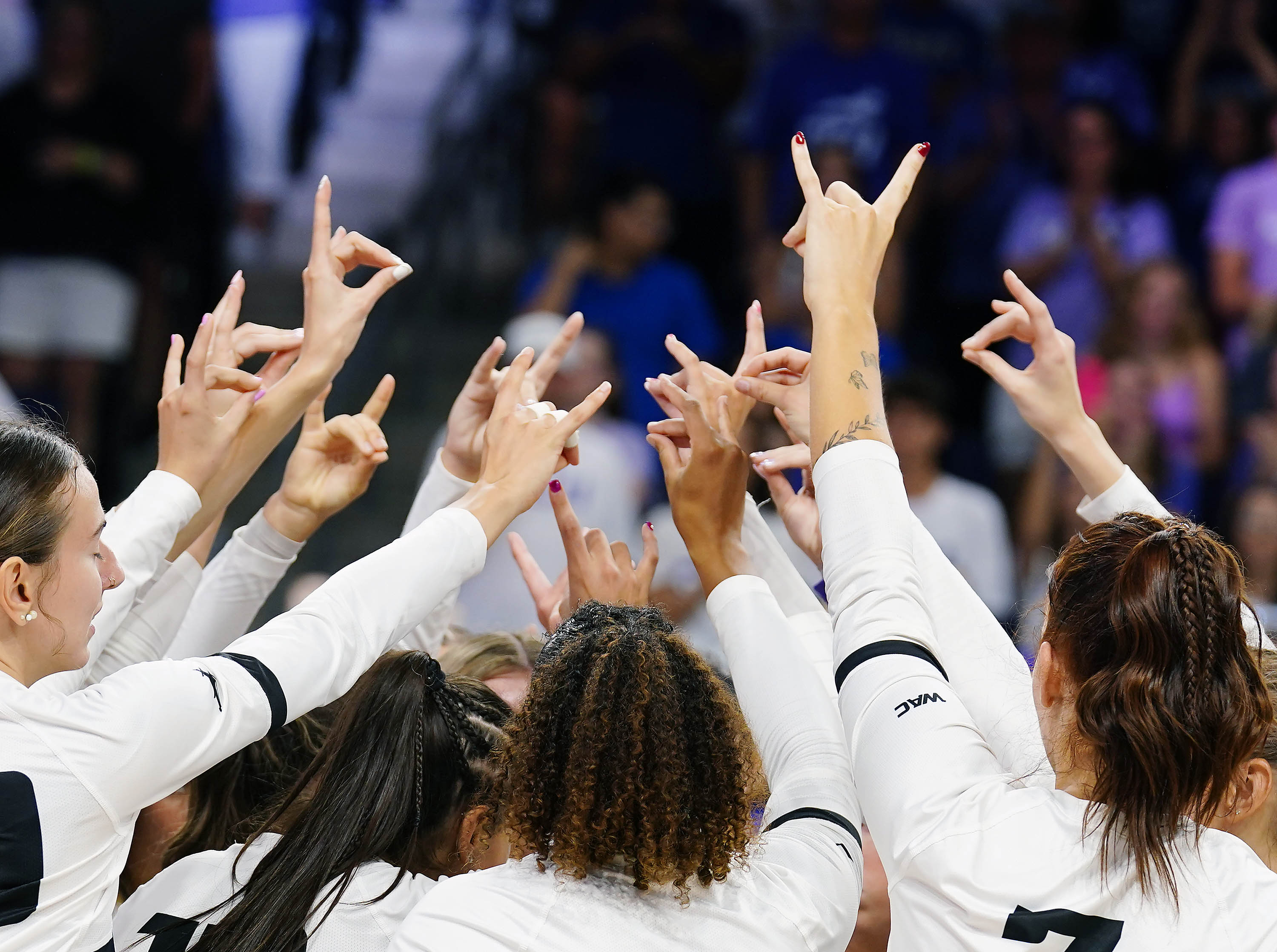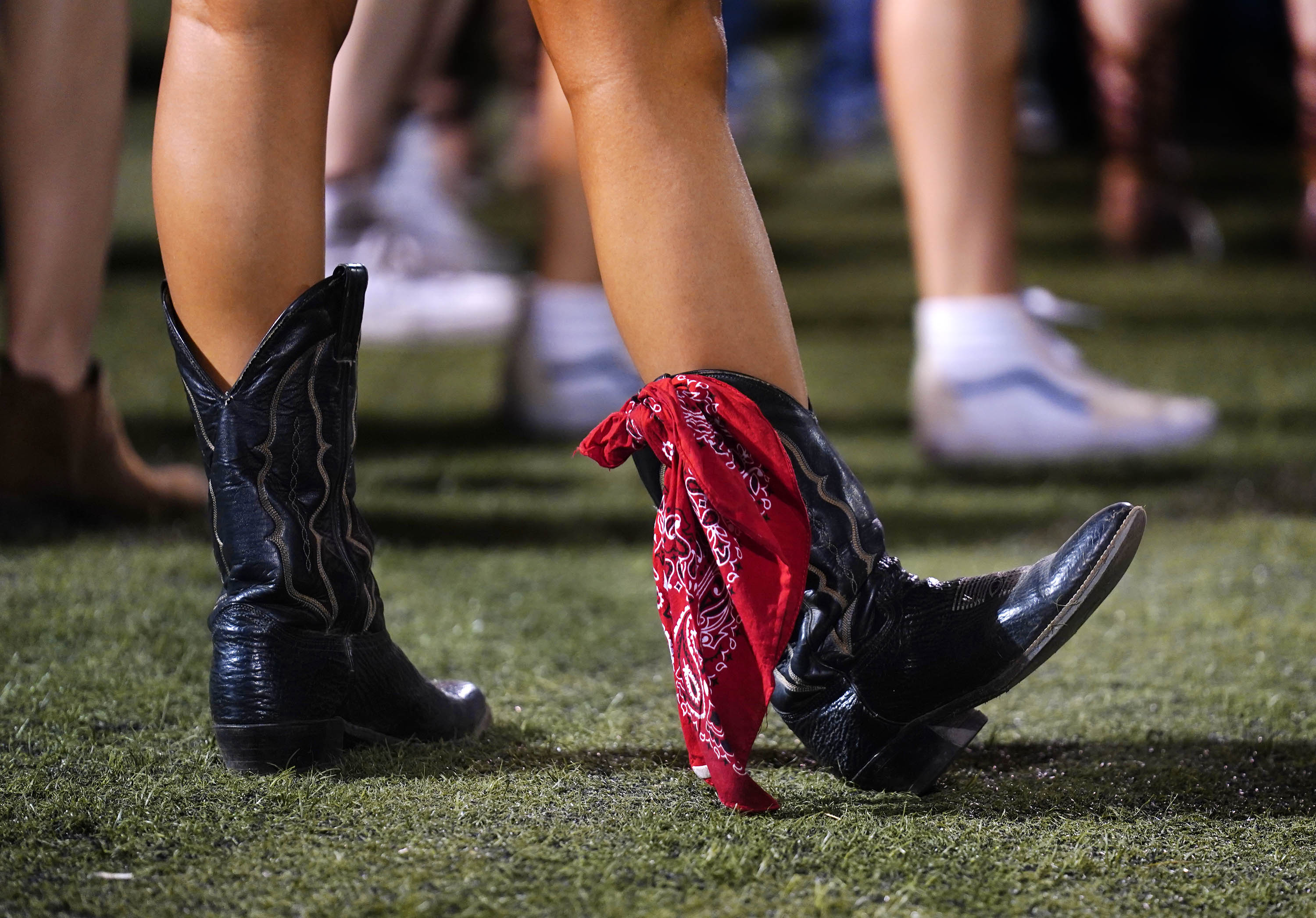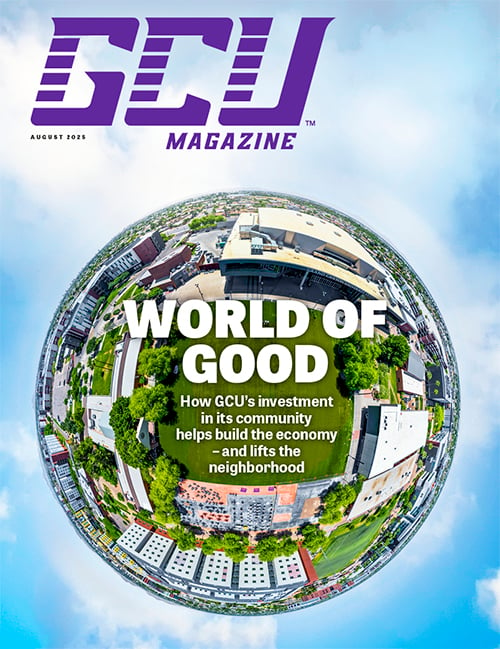
By Mike Kilen
GCU News Bureau
You might not be out of work, emotionally charged at a protest or checked into intensive care, but these past few months still can be lousy with stress. Day after day, it adds up.
Now imagine being the person who hears about everyone else’s stress.
“While some things can be shut down or pulled back because of the pandemic, mental health is not one of those things. Realistically, we are always on the job,” said Dr. Chris McBride, licensed clinical psychologist and full-time faculty in Grand Canyon University’s Behavioral Health Sciences program. “A lot of people helping others in the community with stress might not be able to attend to their own stressors.”
To help counselors, McBride assembled a Loom presentation for Southwest Network, the first training exercise in GCU’s partnership with the organization that provides mental health services in Maricopa County and internships and job opportunities for students.
“It’s easy to forget that they have a burden because they carry everyone else’s burden. That is the problem with being a first responder or a mental health professional or an essential worker; they have to bear the weight for everybody else right now,” McBride said.
In his presentation, he showed a drawing of a big, heavy truck crossing a bridge. It’s not the one load that put the pressure on the bridge structure, it’s all the many cars that crossed, putting constant stress on the structure that could cause it to collapse.
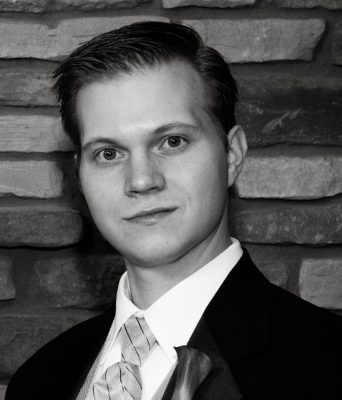
“People see the big things as being ultra-stressful but seem to ignore the fact that we have additional stresses on us that seem so mundane, like not getting a break from people because they are in your house all the time,” he said in an interview.
If working at home, there isn’t commute time to decompress or a change of scenery.
You may not have lost a job but worry about a lack of savings if things get worse. Or you lost out on a promotion because of slumping business or postponed special birthday celebrations for your children, like McBride did with his daughter.
“It may not be a real, true death but the death of potential that we do grieve. It’s harder to see so therefore it’s harder to recognize,” he said.
On average, Americans report more stress this year --- 7 of 10, according to surveys. The pandemic combined with social upheaval regarding race relations is wearing on people.
“A lot of what we are seeing, if you watch the news, is people responding to intense amounts of frustration. That’s why people weren’t behaving this way before the pandemic started,” he said.
Stress can be good, creating an arousal that helps us get things done. But prolonged stress can lead to exhaustion. Therapists are no different.
That’s why Southwest Network worked with Dr. Noé Vargas, College of Humanities and Social Sciences Assistant Dean, to launch the voluntary online training for its staff. Vargas told her that GCU is “blessed to have faculty that are willing to help out the community in times of need.”
“We are balancing what is happening in the community and the world with the work we do,” said Holly Dedmon, Vice President of Operations at Southwest Network. “The work we do is challenging, so how do you apply this information personally and professionally? Chris nailed it.”
She said staff connected with his thoughts on how many people today are not “working at home but living at work.”
McBride suggested setting more boundaries between work and home life by working in different spaces, wearing work clothes even at home or removing work materials from sight to create clear separations from work and home life.
The amount of stress one experiences can depend on your own appraisals of it and the resources to deal with it, he described.
In stress theory, a primary appraisal asks, "Does this affect me?" A secondary appraisal asks, “Do I have the physical, emotional or social resources to handle this?”
At the beginning of the pandemic, for example, the stores may have been out of toilet paper so it did affect you. But if you had spare rolls at home there was no need to worry. If you were out of toilet paper and a job, it’s a different story.
People deal with stress differently, as well.
While one person may be problem-focused, devising actions that can eliminate the stress, others may be emotion-focused and just need someone to hear them out. The problem is relying on one technique all the time.
“In a time of COVID, there are coping techniques that are absolutely effective: We are making sure we are staying home when we are sick; we are staying away from people; we are making sure we mask up in public spaces and listen to our health experts. Those are all problem-focused things,” he said.
“But my daughters and I are just getting over a cold and now it’s, ‘Is this COVID? Am I going to have to go to the hospital to get tested?’ It’s stuff we can’t change, so now we have to work on them with emotionally-focused coping.”
When people get stressed, their brain’s frontal lobe doesn’t work effectively, so working on techniques to stay calm or focus on activities you enjoy is helpful, he said. “OK, let’s plan a trip when this whole thing is over.”
Some of his other tips to limit stress include: help others; take breaks from the news; take care of your body by getting outside; make time to unwind; connect with others in ways that are safe.
Grand Canyon University senior writer Mike Kilen can be reached at mike.kilen@gcu.edu or at 602-639-6764.


